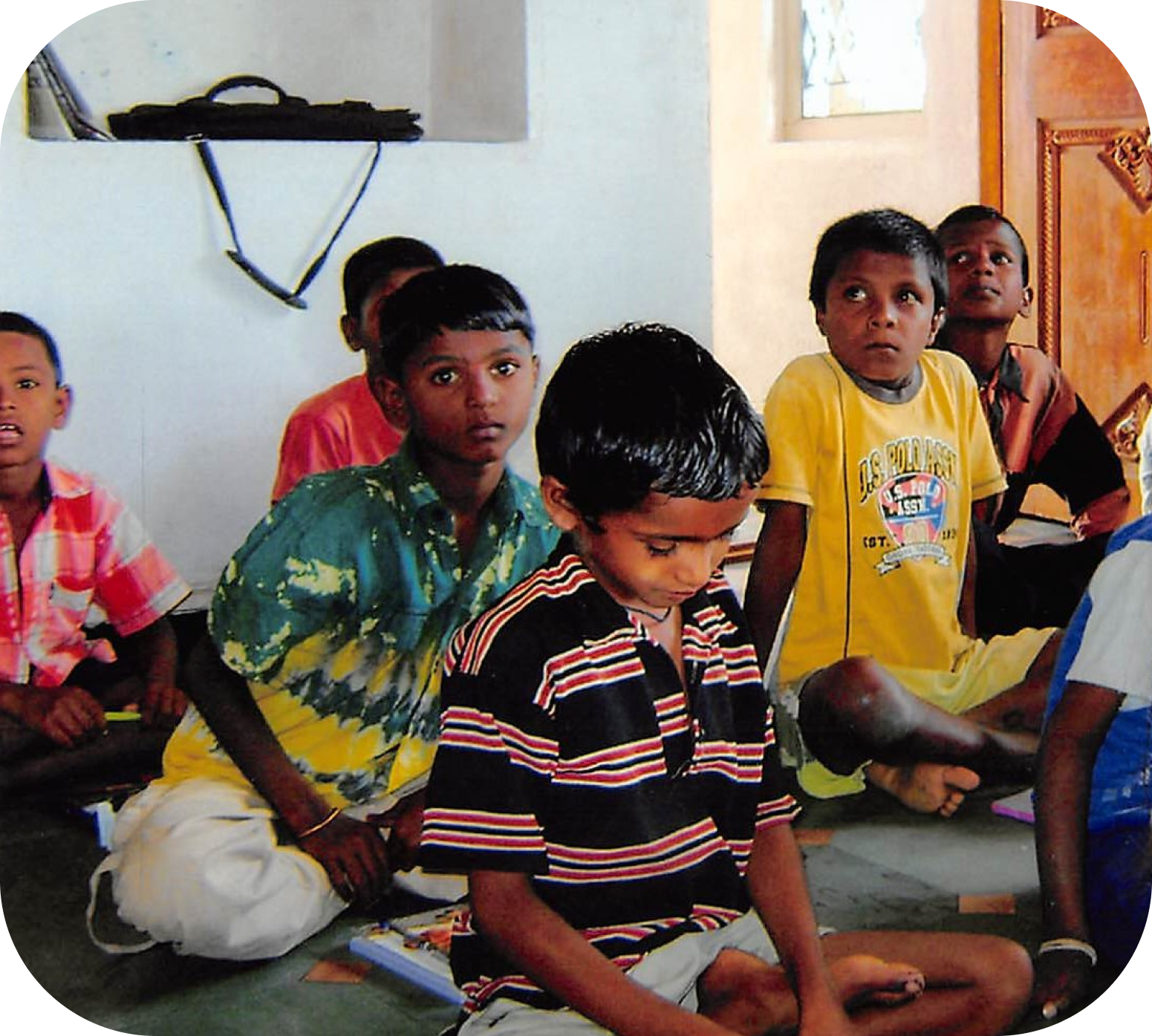VIKASA Rural Development Organisation (VRDO), registered and working in the state of Karnataka, is a Non Governmental Organisation with the primary objective of protecting boys and girls within their social context and cultural circumstances. Protection from all forms of abuse, neglect and exploitation and building their resilience through gender equity and empowerment to act for themselves are the prime concerns of the society.
VRDO is a registered Civil Society Organisation, founded in the year 1997 by a group socially concerned and committed individuals from diverse backgrounds with the objective of creating a society where every person has the right to life and dignity. It endeavours to work towards social justice, peace and equity.
VRDO is a registered society under the Karnataka Society’s Registration Act and under the Foreign Contribution and Regulation Act (FCRA) with the Ministry of Home Affairs.

A just and inclusive society where every child, regardless of background, enjoys their right to protection, education, health, and dignity—empowered to reach their full potential and contribute to a world free from exploitation, inequality, and discrimination.
To safeguard and promote the rights of every child by combating exploitation, ensuring access to quality education, healthcare, and protection, and empowering marginalized communities through advocacy, capacity-building, and sustainable development initiatives—creating pathways for children to thrive in a safe, equitable, and nurturing environment.
Mr. Prasanna N is the visionary founder and director of Vikasa Rural Development Organisation, bringing over 35 years of impactful experience in the development sector. His expertise spans a wide range of areas, including child rights, gender equality, labour welfare, and ecological sustainability.
Mr. Prasanna is highly skilled in social mobilization, effectively empowering the poor and marginalized to claim their rights and access their entitlements. His leadership style is characterized by transparency, democratic decision-making, and a strong sense of accountability, fostering trust and collaboration within teams and communities.
Through his dedication, strategic vision, and unwavering focus on human rights, Mr. Prasanna continues to lead efforts that create lasting, positive change for vulnerable populations.

POLICIES
Vikasa has the following policies in Place: